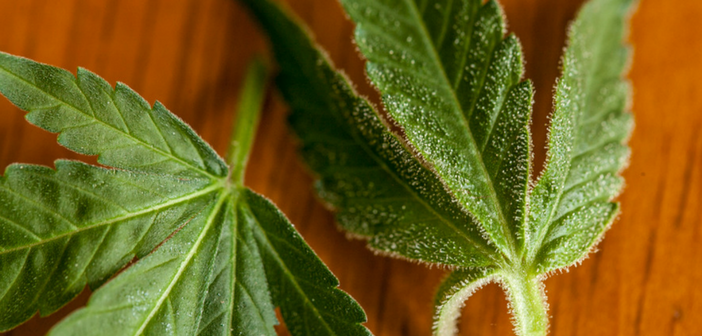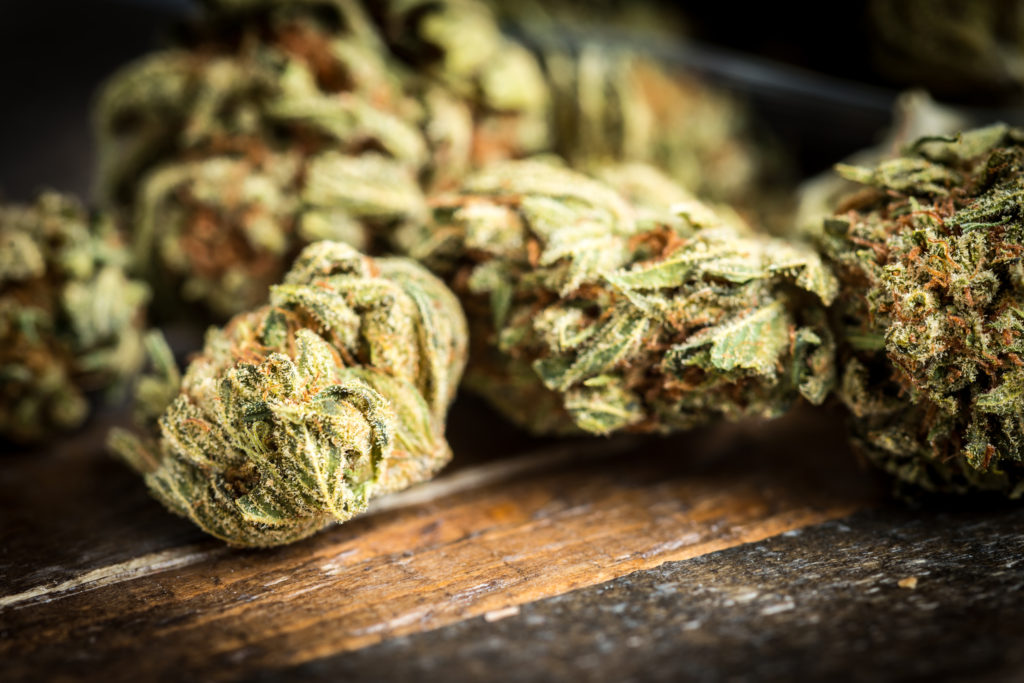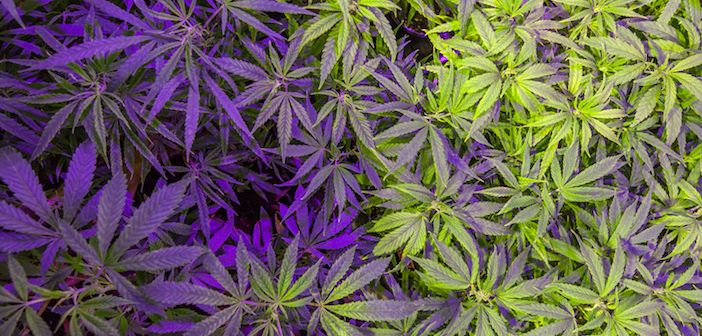Cannabis will be legal across the Great White North in less than one year, and although provinces are in the thick of planning, many unknowns still cloud the adult-use marijuana framework.
One major issue that has been prognosticated by various experts is an almost complete certainty that there will not be enough product available to satisfy Canadian cannabis consumers once pot finally hits retail stores in July 2018.
Although not everybody shares this opinion, it’s a safe question to ask how licensed producers plan to prioritize distribution after the market explodes.
For example, nine million grams of cannabis have already been earmarked for New Brunswick over the next two years. The Atlantic province has a total population of approximately 754,000 which is small potatoes compared to the 13.6 million who reside in Ontario.
Aaron Salz is the founder and CEO of Stoic Advisory, a corporate finance and consulting firm dedicated to the cannabis sector. Salz spoke with Marijuana.com about how he would advise his licensed producer (LP) clients on where their products should go when cannabis hits store shelves next July.
“From my perspective, we are dealing with a supply constrained market between now and 2021. So if I was advising an LP, I think you have to try and strike a balance [with] distribution across the country, because obviously, you want your product on the shelves in every province from a brand standpoint,” said Salz.
Salz went on to add that LPs also need to go where they can find the best price for their products. “If you are dealing with a provincial monopoly [like LCBO] and they are trying to lowball you because they have that monopoly power if you are a licensed producer you may be better off going somewhere else if you’re getting a better price.”
The balance between market availability across the nation and securing the highest possible value for the product, however, is not necessarily the advice Salz would give smaller-scale cannabis producers. “If you look at the craft beer market, local craft beer operators usually cater to local markets. So if you are, say, a local BC craft grower, there is definitely something to be said about concentrating your efforts there, especially if you are getting the best price.”
Another fascinating observation in the emerging adult-use sector is that some corporations have decided not to go into the consumer market at all. “A lot of licensed producers have said they will only stay focused on medical because they know what the existing supply chain is and it’s direct-to-consumer. The margin potential in medical is, arguably, going to be a lot better than recreational.”
With the advice from experts noted, what do the LPs have planned in order to achieve a balance in the marketplace?
“If you look at the New Brunswick agreement as an example, it’s for a specific amount of product,” said Jordan Sinclair, director of communications for Canopy Growth Corporation in an interview with Marijuana.com. “We expect the next series of announcements [from]other provinces across the country, will give us a really set idea of how we can forecast the product.”
Sinclair added that Canopy isn’t convinced there will even be a shortage. “For us, [a potential shortage] is a reason to invest more money into more growing capacity, because there is a large market opportunity and people are going to grow into it.”
Sinclair pointed out that Canopy is already expanding their capacity in a number of locations. “We made an announcement to expand our production capacity at our headquarters in Smiths Falls, we purchased a facility in Edmonton, similarly, we are closing on one this week in New Brunswick.”
Clearly, large producers like Canopy are expanding rapidly to service domestic and international markets, but if the LP was forced to make the choice between keeping up their medical supply or their adult-use products, they already know their decision. “We would prioritize patients if it came down to it. That’s an easy choice for us to make,” said Sinclair.
There are currently 62 licensed producers of cannabis across Canada. Estimates show that 11.42 million Canadians are expected to access legal cannabis products once they are available next year.
credit:marijuana.com








